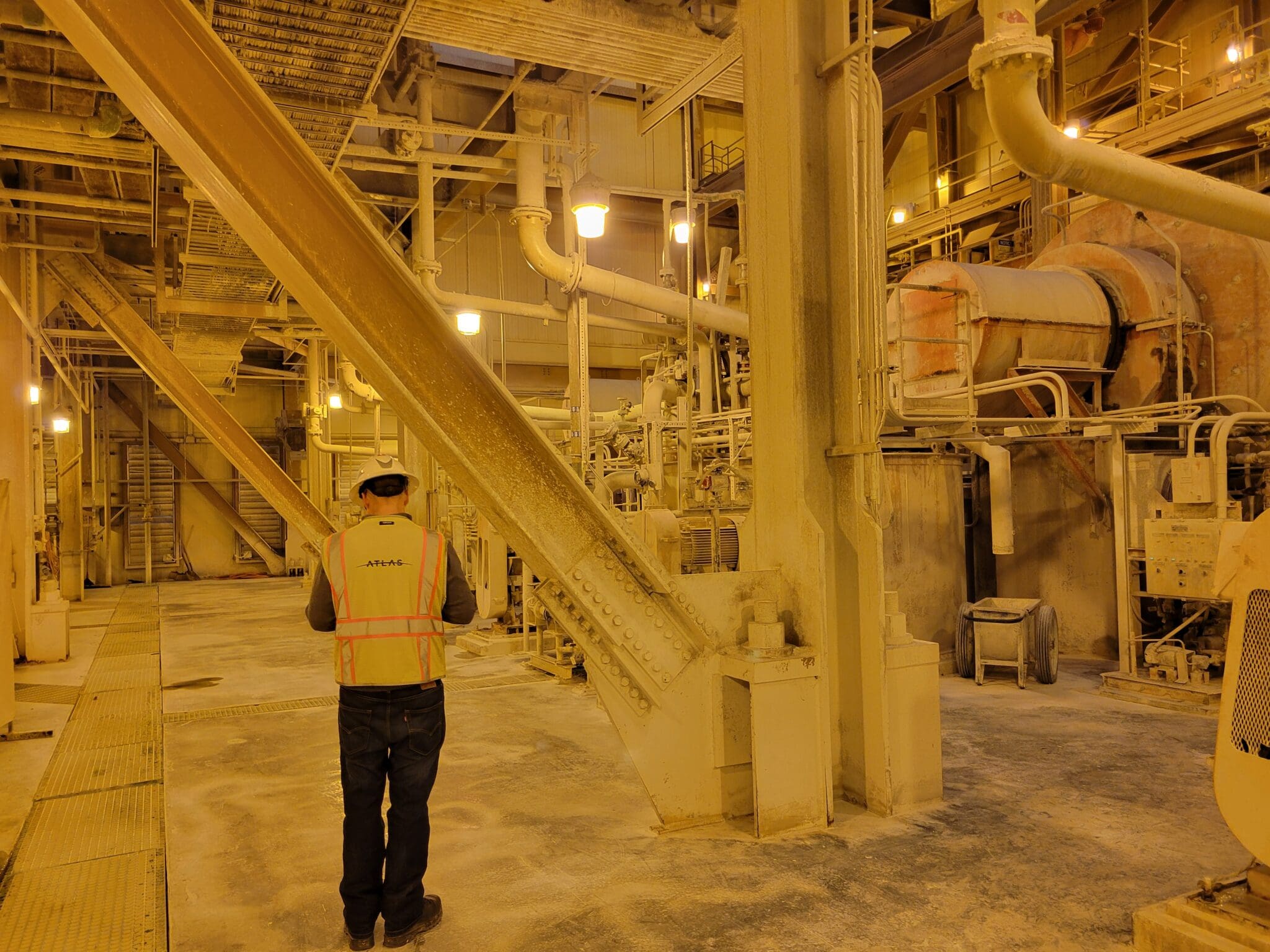The EPA has reached a turning point in its effort to transition key industries away from asbestos. Here’s what’s known about the final rule, which could go into effect as early as April.
The United States recently announced a ban on the only type of raw asbestos fiber imported into the country. This ban is not a standalone measure but part of a concerted rule that will see a phased approach to eliminating all forms of asbestos and products that contain it.
The phased approach will provide certain manufacturers with a transition period of up to 12 years to phase out the use of asbestos in their products; therefore, the consumer will not see immediate effects.
With the US seeing a sharp reduction in domestic asbestos consumption over the years, the current reliance on imports of this harmful mineral has raised significant concerns among public health advocates.
The decline in asbestos consumption is part of a broader trend that reflects a growing awareness of the health dangers associated with this mineral. The last US asbestos producer ceased operations in 2002, and since then, the nation has exclusively depended on imported asbestos, mainly in the chlor-alkali industry, which accounts for 100% of US asbestos fiber consumption.
Ban Implications
The immediate effect of the ban will be felt in the asbestos import sector, as the sole remaining type of asbestos fiber, chrysotile, becomes illegal to bring into the country.
Companies that use asbestos in manufacturing have been given a transition period to phase out their use, ranging from two to 12 years depending on the specific application and their facilities. This phased approach allows for an adjustment period, enabling companies to find alternative processes and materials.
However, it’s not without controversy. Many health advocates and professionals argue that this transition period is too generous, potentially prolonging the risks of asbestos exposure in the meantime.
The rule also carves out exemptions, permitting the import of other asbestos types under certain conditions. While this may be necessary to allow for certain critical uses, such as in handcrafted products, it also raises questions about how effectively these uses can be controlled and the potential for misuse.
Historical Context
Asbestos, highly valued for its heat resistance and tensile strength, was used in a wide array of products during the 20th century. However, evidence linking asbestos exposure to serious respiratory diseases and cancer emerged in the early 1900s, leading to the mineral’s eventual decline in usage.
The history of asbestos in America is also marked by various regulatory attempts to manage its risks. Efforts date back to 1989, when the EPA first attempted to ban most asbestos-containing products.
These initial regulatory actions sparked controversies and legal battles, but they were also instrumental in diminishing asbestos’s presence in American manufacturing and construction. In recent years, legislative initiatives have gained traction, building upon the foundation laid by earlier regulations.
The 2024 asbestos ban not only fulfills long-standing calls for tighter restrictions on asbestos but also represents the country’s first legal limitation on the mineral since the recent overhaul of the Toxics Substances Control Act in 2016.
Effects on Industry and Advocacy
The ban’s impact on various industries is likely to be significant, particularly for those sectors that have historically relied on asbestos.
Companies in the chlor-alkali industry, for example, which have extensive historical use of asbestos in their manufacturing processes, will face substantial challenges in transitioning away from this material.
The industry’s lobbying efforts reflect deep-seated concerns about the availability and cost of substitute materials, which could have ripple effects on products in the marketplace that are essential to ongoing climate, sustainability, and infrastructure projects.
Still, there are other methods to disinfect water and other ways to produce chlorine; in fact, two-thirds of the chlorine produced in the U.S. is produced without asbestos.
On the advocacy front, the announcement of the ban has been met with a mix of relief and caution. Health advocates prioritize the immediate cessation of all asbestos imports and uses, fearing that the extended phaseout could pose continued risks to workers and the public.
They also argue that the ban’s safety measures are lacking, underscoring the need for enhanced protective regulations and public health awareness.
Asbestos in Buildings
Asbestos was widely used in building materials such as pipe insulation, flooring, wall system components, glues, fireproofing, and many other items until the 1970s.
The new ban does not affect how these existing materials are managed and handled, which has been regulated by the EPA for decades.
Building owners are still required to conduct building inspections to identify and maintain asbestos-containing materials and have them professionally abated prior to building renovations and demolition.
Asbestos Services and Deep Expertise
In response to the new asbestos regulations, companies and government agencies turn to experts in asbestos abatement and safety compliance.
Atlas, a leader in environmental consulting, offers vital support to businesses navigating the complexities of asbestos management. Services such as asbestos surveys, air monitoring, operation & maintenance plans, and worker training become essential as industries strive to meet the ban’s requirements.
With the ban poised to reshape industry practices and protect public health, the road ahead is not without its challenges. A cooperative effort between government, industry, and advocacy groups will be essential to realizing a future free from asbestos-related risks.
By upholding the spirit of the asbestos ban, we can ensure that the health and well-being of workers and the public remain at the forefront of our national policies and practices.
